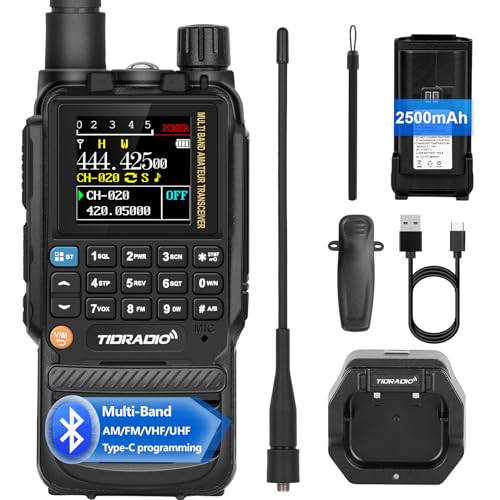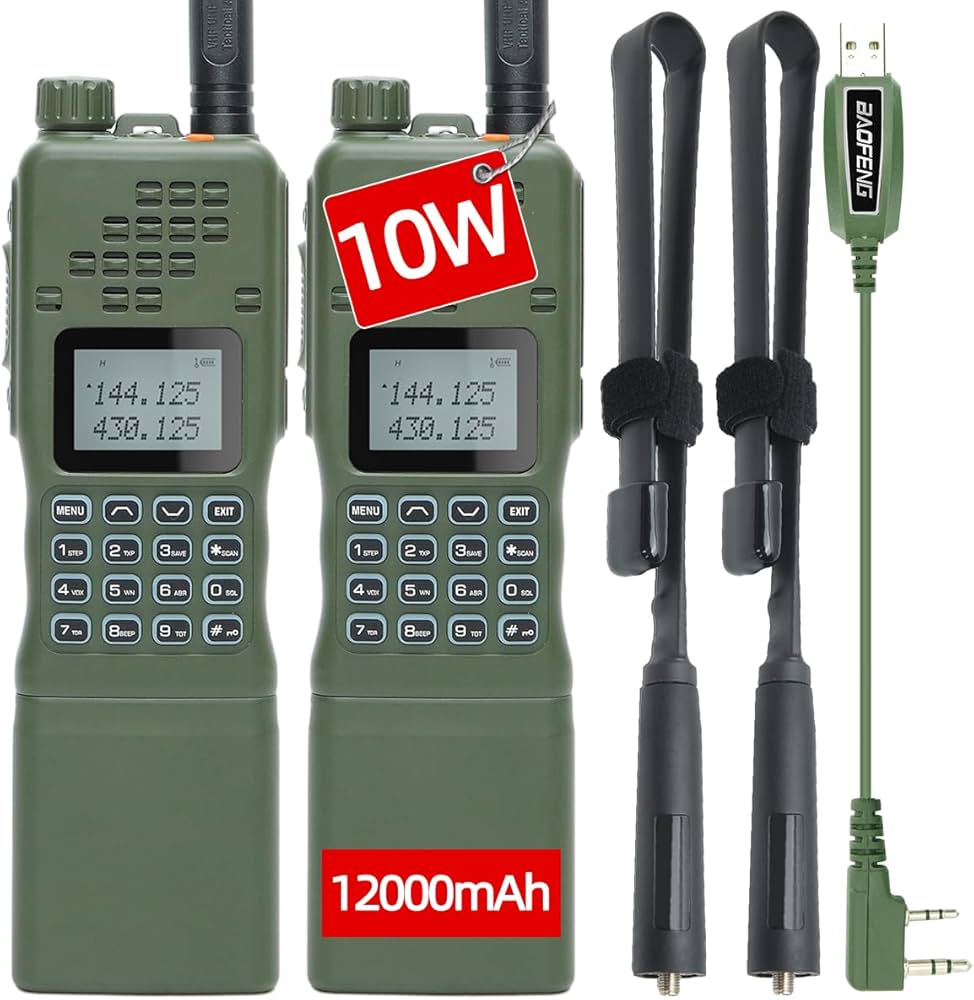Refusing to Pay Retail: How I Built My Ham Shack on a Pizza Budget
Look, I got into amateur radio the way most guys do: I saw some cool emergency communication setups online, watched a few videos, and thought, “Yeah, I need that kind of preparedness.” Then I looked at the gear prices. Are you kidding me? A simple, used 100-watt rig, maybe a few years old, still pulling $700 or $800? That’s highway robbery. Forget about it. I wasn’t born yesterday, and I sure as hell wasn’t going to let some retailer clean out my wallet.

I decided right then and there: I was going to build my entire setup—transceiver, antenna, power supply, all the coax mess—for less than the cost of a high-end new handheld radio. This wasn’t just about saving money; it was a challenge. It was about proving that the hobby doesn’t have to be exclusionary just because the big players mark everything up 300%.
The Grunt Work: Digging Through the Digital Junk Piles
If you want cheap gear, you gotta get your hands dirty and realize that patience is your strongest tool. You can’t just hit up the big online stores; those places are professional scalpers, whether they call themselves “used dealers” or not. Here’s the practical stuff I started doing, systematically, every single week:
- Haunting the Local Clubs: I started showing up at every local ham club meeting. I went even before I passed my General license. I wasn’t there to listen to presentations on FT8 efficiency; I was there to listen for the chatter. Who’s retiring? Who’s upgrading? When someone mentions they’re “thinking of clearing out the shack,” you jump on that immediately. I scored a nearly new dummy load and an older MFJ tuner this way for sixty bucks total. The guy just wanted the bench space back. I bought him a coffee and he gave me a stack of old technical manuals for free.
- The Ugly Corner of Online Classifieds: I learned to ignore listings with professional photos and detailed specs. Those guys know exactly what they have and price accordingly. I focused entirely on listings where the seller clearly didn’t know what they were selling. Keywords were crucial. I hunted for terms like “old CB radio box,” “heavy electronic box,” or “dad’s radio junk.” I clicked on every blurry, badly lit picture. That’s where the deals hide.
- Skipping the Big Auction Sites: Those places are full of other budget hunters just like me, and they drive the prices up in the last five seconds. Instead, I focused on regional, low-traffic sites—the kind of places where listings might sit for three weeks before anyone sees them. I figured if the competition wasn’t looking there, I would win.
- Estate Sales and Silent Key Opportunities: This is a goldmine, but it demands commitment. You are looking for the estate of an SK (Silent Key—a deceased amateur radio operator). When an older ham passes, the family often just wants the heavy, mysterious metal boxes gone. They price it like yard sale stuff. I missed a phenomenal collection because I showed up an hour late, but I grabbed a perfect little 25-amp Astron power supply for $15 that same day. They thought it was just a big metal brick.
The Score That Paid for the Whole Damn Shack
The system works if you stick with it. My ultimate victory came about eight months into this slow-motion scavenging hunt. A guy about 200 miles away listed a massive lot of gear. It included an older but perfectly solid Kenwood TS-440S, a battered but working antenna rotator, and a massive pile of coax and random antenna parts. He wanted $450 for the whole lot. When I called him, I learned he was moving cross-country for a sudden, unexpected job transfer and literally had 72 hours to clear out his basement.
I drove down that weekend with $400 cash. He was stressed out of his mind, practically throwing things into boxes. I offered him $375, and just to be helpful, I spent an hour helping him carry a bunch of non-radio junk (old lawn equipment and tires) to his skip trailer. He took the deal instantly and threw in a decent microphone. I walked away with a fully functional HF station for what most places charge for a single used mobile radio. Sure, the radio needed a good internal cleaning and the coax was stiff, but the bones were solid. Total spend on my primary HF rig and power supply: $390.
Why I Became a Scavenger, Not a Customer
People always ask me why I put in all this effort. Why not just buy the new gear and save the hassle? Let me tell you why I learned to squeeze every penny until it cries uncle.

A decade ago, I was managing a small engineering firm, and we landed a huge contract that was supposed to secure us for years. I invested heavily—hired new staff, took on a larger lease, and bought a big work truck. Everything was cruising until the client decided they were “re-evaluating their priorities.” This meant they didn’t fire us; they just put the project on indefinite, unpaid hold. Suddenly, my cash flow dried up entirely, but all my bills and debt remained. I had maybe four months of working capital before I was completely screwed.
I called the main client contact, the guy I’d been having lunch with for three years, begging for clarity. He acted like he didn’t know who I was. He wouldn’t return calls, and when he finally did, he was cold, just saying, “We’ll let you know.” They ghosted us completely. They didn’t even pay the outstanding invoices for the work we had done. It took six months of legal fighting just to get paid for existing labor, and by then, the company was hemorrhaging money.
That scramble taught me two things. First, corporate loyalty is a total joke. Second, the price marked on something is only what a sucker is willing to pay. That year of financial terror—that’s why I know how to find a $15 power supply and turn old junk into a functional radio shack. That sudden fear of losing everything taught me to be patient, relentless, and ruthless when hunting for gear.
Now, when I look at a brand-new $1500 rig in a shiny catalog, I don’t see quality engineering. I see a $400 setup that some panicked homeowner will eventually sell for cheap when they need the space or the cash. And I’m gonna be there waiting, because I’ve already learned the hard way that nobody is going to hand you anything.
